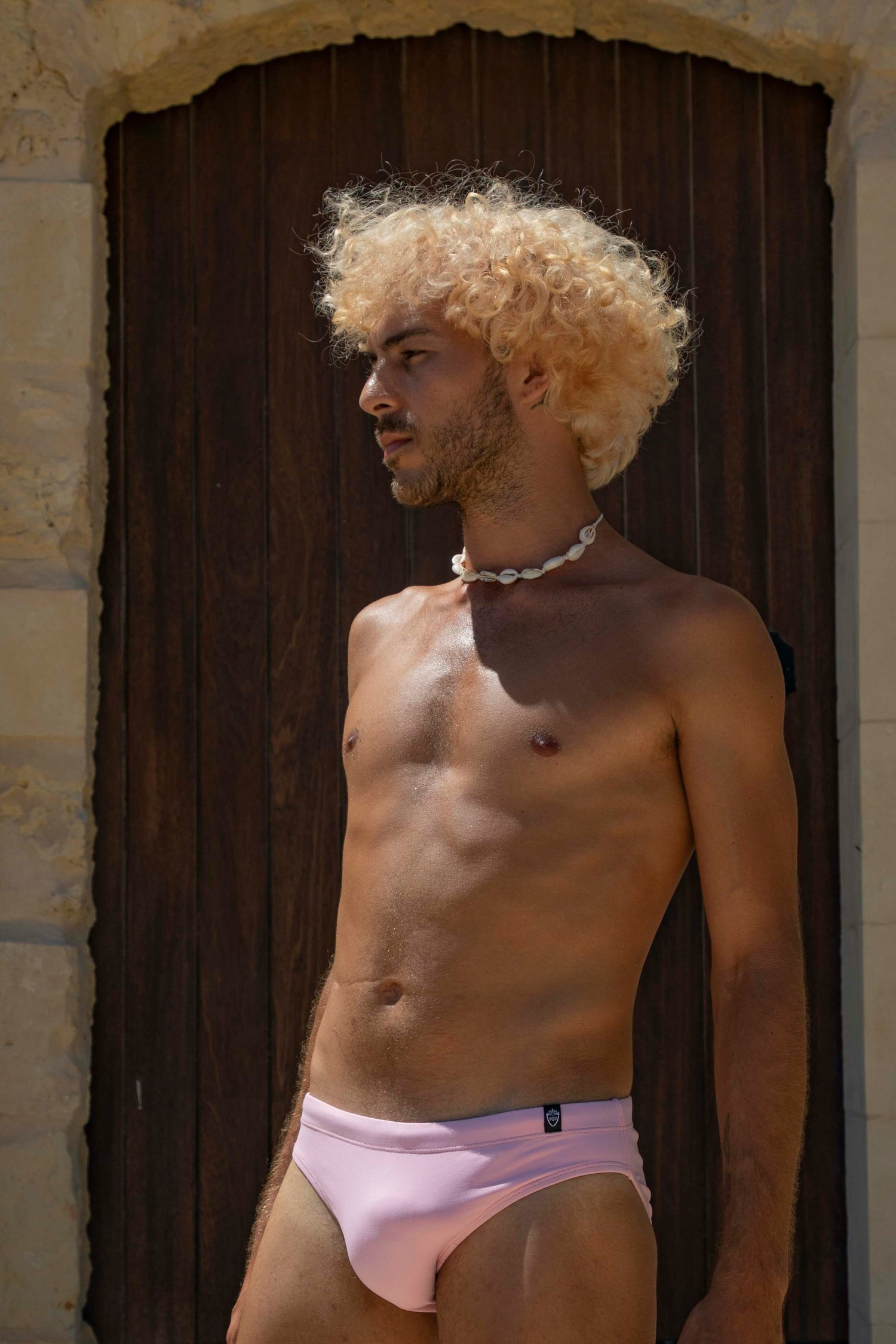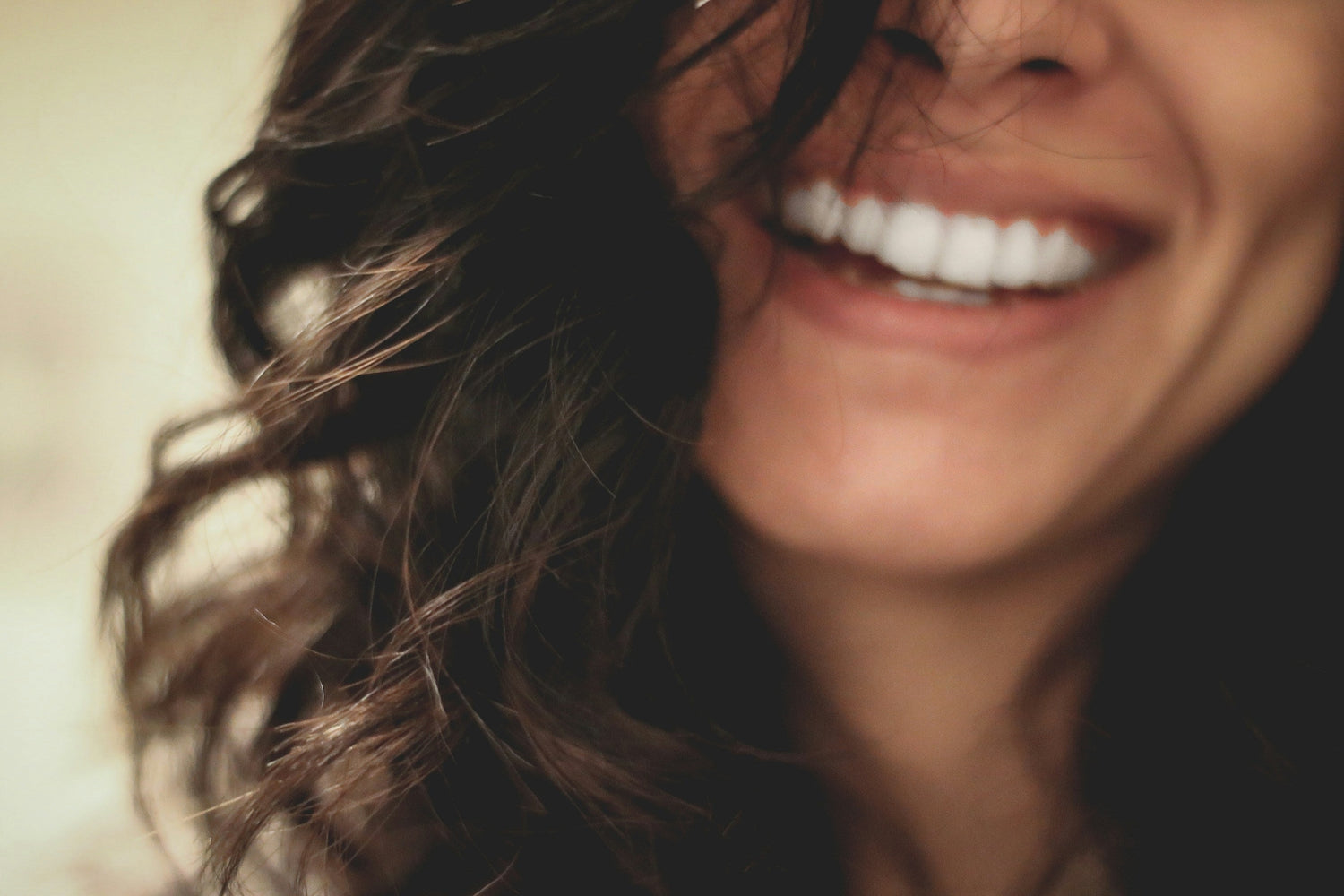Intense Pulsed Light (IPL) devices have become increasingly popular for at-home hair removal and skin treatments. With their convenience and long-term benefits, they’re often seen as a game-changer in the world of beauty tech. However, many users have questions about safety—especially when it comes to medical conditions, age restrictions, and sensitive body areas.
In this blog post, we’ll address some of the most frequently asked questions about IPL devices to help you make informed and safe choices.
❌ Can IPL Devices Be Used on Children Under 16?
No, IPL devices are not recommended for use on children under 16 years of age. The skin of younger individuals is still developing and can be more sensitive, increasing the risk of burns, pigmentation changes, or other adverse reactions. Always follow the manufacturer’s age guidelines and consult a healthcare provider if you're unsure.
🩺 Is IPL Safe If I Have Eczema, Lupus, PCOS, or Other Conditions?
This depends on the condition, but caution is strongly advised:
- Eczema: IPL may aggravate inflamed or broken skin. It’s best to avoid using IPL on areas affected by eczema, even if the flare-up is mild.
- Lupus: Lupus can make your skin photosensitive, which increases the risk of burns or skin damage. IPL is generally not recommended for individuals with lupus unless cleared by a doctor.
- PCOS: Many people with PCOS use IPL for managing excess hair growth. IPL can be effective for PCOS-related hirsutism, but results may vary, and ongoing maintenance may be needed. Always consult a dermatologist or endocrinologist before beginning treatment.
- Other Conditions: If you have any autoimmune, hormonal, or skin-related conditions, consult a medical professional before using IPL to ensure it's safe for your specific situation.
🔥 Can I Use IPL If I Have Burn Marks?
It’s best to avoid using IPL over areas with existing burn marks or scars, especially if the skin is still healing. Applying IPL over compromised skin can increase the risk of further damage, discoloration, or discomfort. Once the skin has fully healed and your doctor gives the green light, treatment might be considered on a case-by-case basis.
❓ Does IPL Help Reduce Cellulite or Stretch Marks?
No, IPL is not designed to treat cellulite or stretch marks. IPL works by targeting pigment and hair follicles, making it effective for hair removal and certain skin conditions like hyperpigmentation or mild acne. For cellulite or stretch marks, other treatments like microneedling, laser therapy, or topical products may be more effective.
💡 Is It Safe to Use IPL on the Bust Area?
The bust area (including the breasts and chest) contains sensitive skin and underlying tissue, so caution is necessary. Most IPL devices advise against using the technology on the nipples or areolas, but the outer chest area may be treated depending on the device's instructions.
- Always use the lowest setting when treating sensitive zones.
- Avoid using IPL if you have any implants, piercings, or skin conditions in the area.
- Perform a patch test and follow manufacturer guidance closely.
Final Thoughts
IPL devices can be a powerful tool for smoother skin and long-term hair reduction, but they’re not suitable for everyone or every condition. When in doubt, always consult a medical professional—especially if you have underlying health issues or unique skin concerns. Your safety should always come first.



